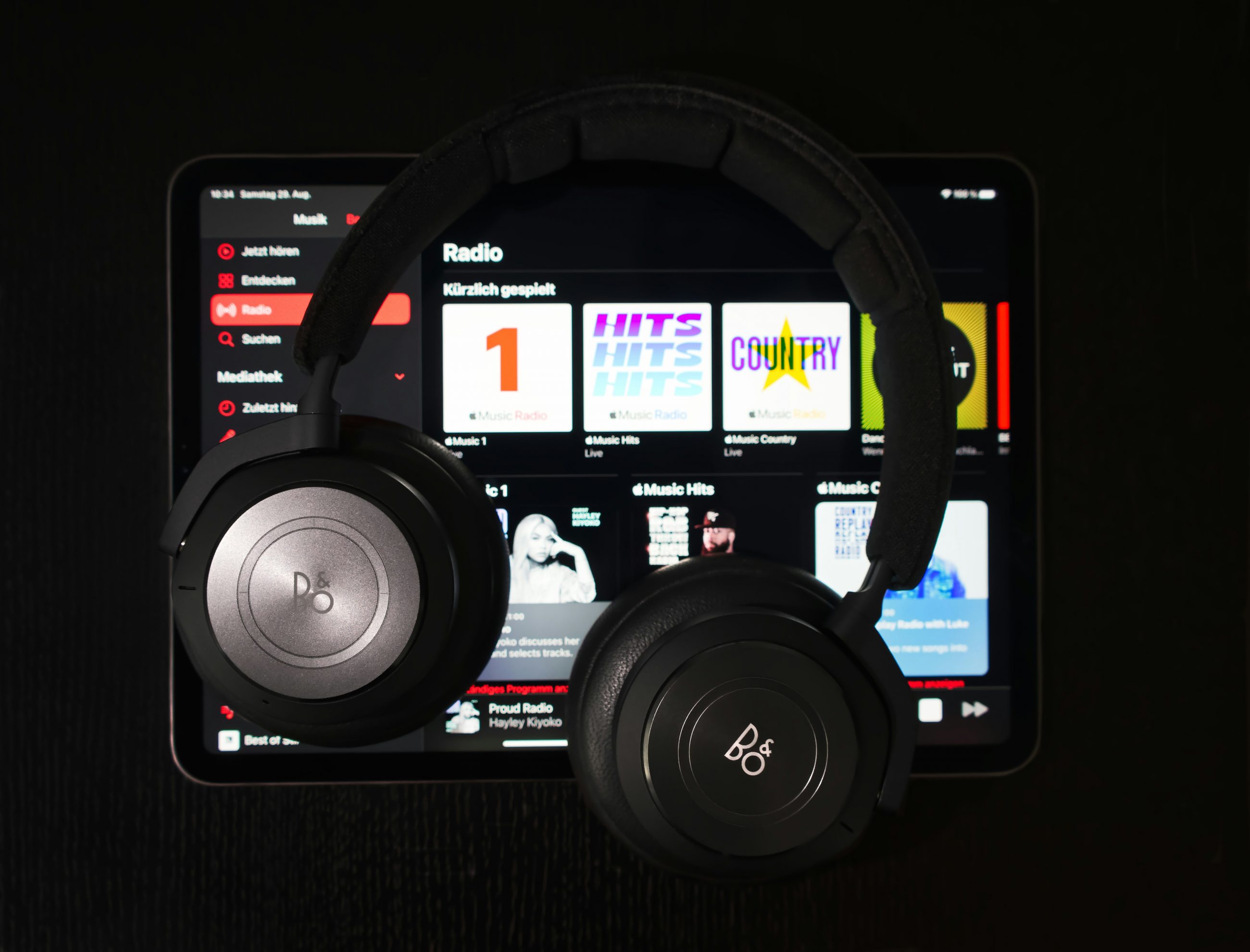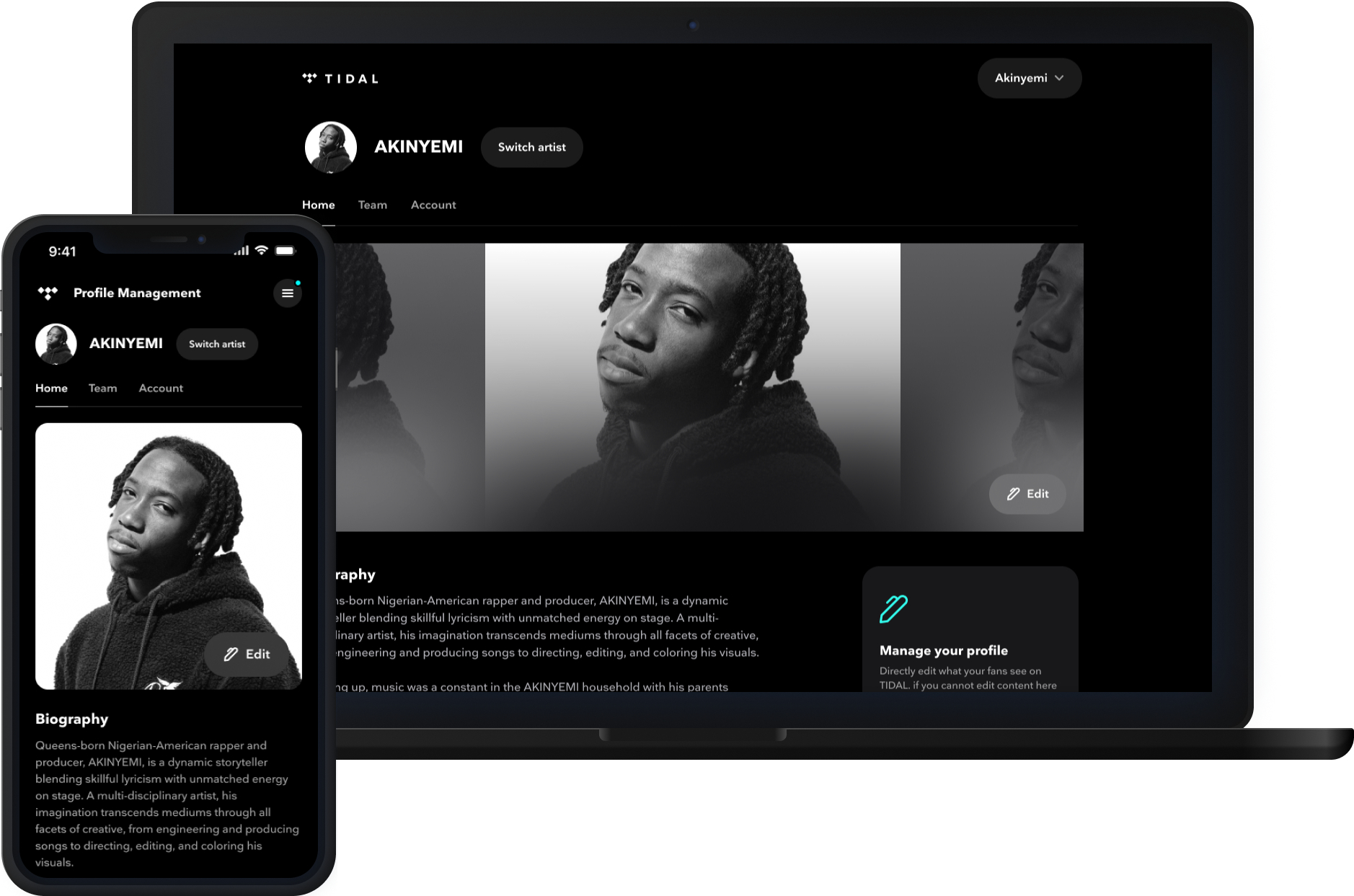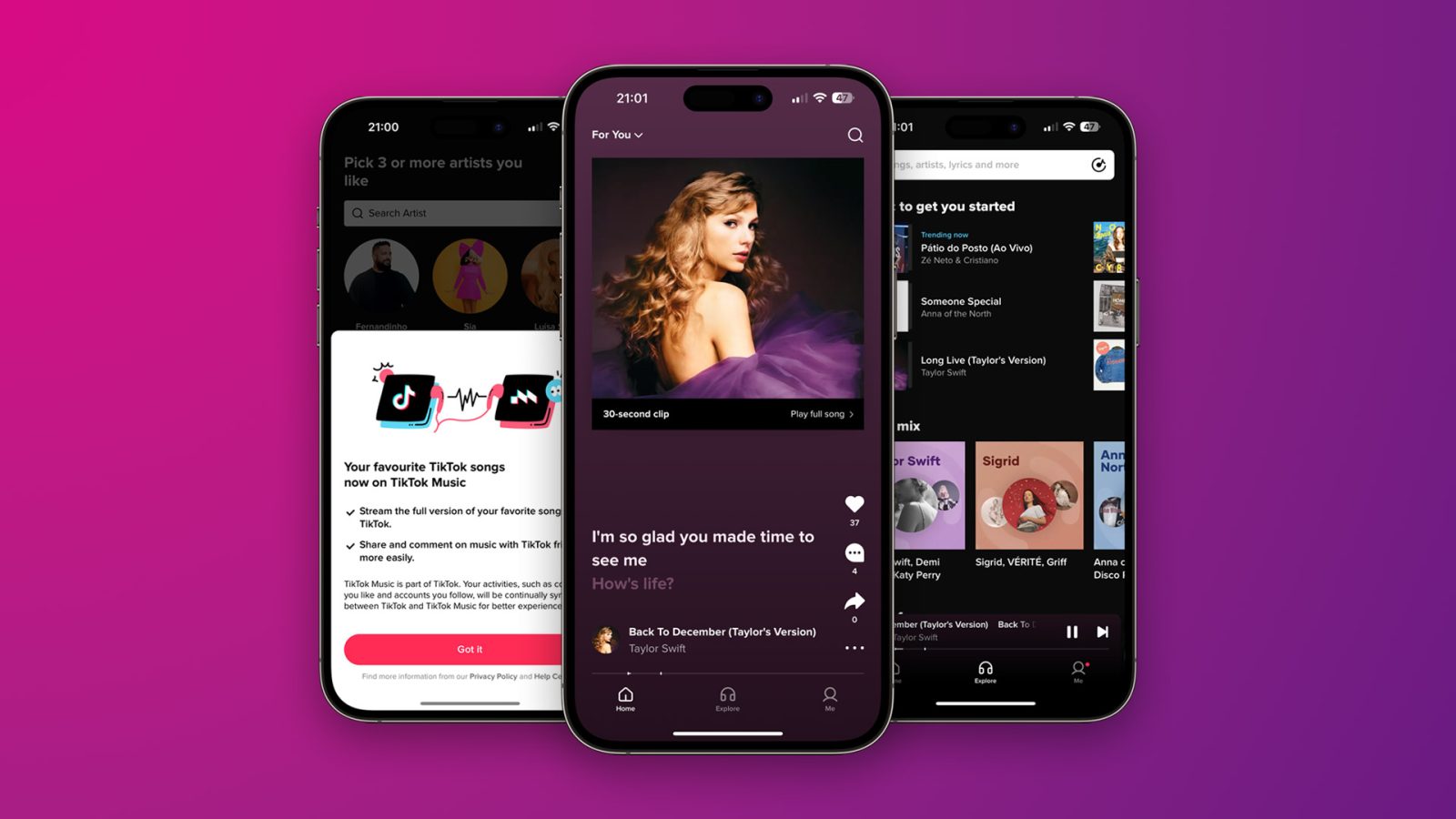All the major Music Streaming News & Updates from 2023 in one place…
2023 has proven to be a landmark year for music streaming services, with the royalty pay-out debate noise reaching all-time levels and AI music on everyone’s worry list. But so far, the streamers seem up to the challenge. Here’s a breakdown of the key updates you need to be aware of going into 2024.
by Janelle Borg of Amplify You

The user-centric vs pro-rata pay-out models
This year, the music industry was embroiled in a debate over which royalty system is more advantageous for artists – the user-centric or the pro-rata model. What’s the difference between the two?
In the pro-rata system, the total revenue generated by the music streaming service is pooled together. Artists and rights holders are then paid based on their share of the overall streaming market. In this case, the more popular songs and artists get a larger slice of the pie. For instance, if Taylor Swift covered 5 percent of all streams in one period, she and her rights holders receive 5 percent of the total royalties pool.
Alternatively, the user-centric model allocates a specific user’s subscription fee to the artist they actually listen to during a given period. Let’s say you have 1,000 monthly listeners on Spotify. During this specific period, you get a share of those 1,000 listeners’ subscription fees.
So how is this all relevant? This year, Deezer introduced an adjusted user-centric model they’re calling the “artist-centric model”. Spotify also announced they’ll introduce a version of this model in 2024. Essentially, Deezer will give artists with more than 1,000 streams a month and 500 unique listeners a double boost, and will reward songs that fans are actively engaging with. Spotify will introduce a minimum annual stream threshold before a song starts generating royalties.
Undoubtedly, these changes haven’t been introduced without criticism. Artists need to be aware of the changes that are kicking in to better understand how these changes will affect the revenue they receive from music streaming services.
Fake streams and streaming farms
The new pay-out models introduced by Deezer and Spotify will also crack down on fake streams, white noise and unlicensed AI-generated tracks. Spotify will introduce financial penalties for labels and distributors involved in streaming fraud. In addition, Spotify will also introduce a minimum length of play time that each non-musical track must reach for it to generate royalties.
Deezer also promised a state-of-the-art fraud detection system and the demonetisation of non-artist noise audio. According to statements by both music streaming services, these measures will help address the issue of streaming farms and artificial streams.

Tidal Artist Home
This year, Tidal launched a new set of tools called “Artist Home.” The music streaming platform includes features such as managing your profile, updating your bio and adding social media links. Artists who sign up also get early access to Tidal’s upcoming tools and services.
Additionally, Tidal has also introduced a new feature called “Tidal Collabs.” As the name suggests, it’s all about artistic collaboration, as it enables artists to find and collaborate with like-minded peers. It’s an innovative feature that’s especially useful for artists who are starting out and trying to build up their network. Safe to say, if it’s successful, we expect other music streaming apps to introduce this feature sooner rather than later.
Bandcamp’s acquisition
Bandcamp has made headlines this year after being acquired by the music licensing company Songtradr. And with employee layoffs, many took to social media to ask whether the Bandcamp we all love is well and truly over.
As of the time of writing, there’s no concrete evidence that Songtradr will fold Bandcamp. However, if this happens, it will be a devastating blow for the underground music community that has come to rely on Bandcamp for its unique community atmosphere and direct-to-fan model.
Spotify Discovery Mode
Spotify Discovery Mode was made available to more partners this year. This means that independent and emerging artists could start using this feature. Contrary to the traditional pro-rata payment model, Discovery Mode is based on a pay-for-play model. For a percentage of the royalties, Spotify will push your songs via algorithmic playlists such as “Autoplay” and “Radio,” increasing the likelihood that your music will reach a broader audience.

TikTok Music
As the name suggests, TikTok Music is a brand news music streaming service, powered by TikTok’s parent company. Given TikTok’s massive global success, it won’t come as a surprise if TikTok Music proves to be the competitor that knocks Spotify off the top spot.
TikTok Music is attempting to set itself apart from other music streaming services by offering innovative features, such as personalised music recommendations, that can be accessed through a vertical scrolling interface.
There is also full integration with TikTok, meaning you can play full versions of the songs that go viral on TikTok. Another useful feature is the ability to search for songs by their lyrics. The new music streaming app is currently only available in select markets. However, we can expect TikTok Music to be rolled out in more territories in 2024.
Janelle Borg knows a thing or two about the music industry. Having been involved in the industry since the age of 13, she’s now involved in a variety of music-related projects and is always keen to share industry tips ‘n’ tricks with fellow musicians.


Comments
Post a Comment
Thanks for your participation
@Muxapp music co. Ltd